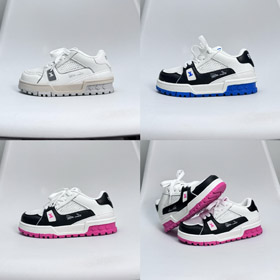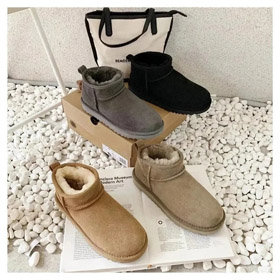The Legendary Tale of Burberry: Beyond the Iconic Trench Coat
For over 160 years, Burberry1856Thomas Burberry, the brand began as a small outfitter’s shop in Basingstoke, England, catering to outdoor enthusiasts. Little did anyone know, this humble start would evolve into a global fashion empire.
From Gabardine to Global Fame
Burberry’s breakthrough came in 1879gabardine, a revolutionary waterproof fabric. Unlike earlier rubberized materials, gabardine was breathable, durable, and weatherproof—perfect for English weather. The innovation caught the attention of explorers and aviators, including Ernest Shackleton, who wore Burberry during his Antarctic expeditions.
The Birth of the Trench Coat
During World War I, Burberry redesigned its officer’s coat for the military, creating the now-iconic trench coat. Features like the D-ring belt (for holding grenades) and epaulettes (for rank insignia) became stylistic hallmarks. By the 1920s, the trench coat transitioned to civilian wardrobes, synonymous with timeless elegance.
The Check Pattern Controversy
In the 1960s, Burberry’s signature nova check—a camel, black, white, and red plaid—became ubiquitous. However, overexposure led to counterfeit issues and a tarnished image. In the 2000s, then-CEO Angela AhrendtsChristopher Baileyexpanding its leather goods and accessories line.
A Modern Luxury Powerhouse
Today, under CEO Jonathan Akeroyd, Burberry balances tradition with digital innovation. Celebrity endorsements (like Kendall JennerSong Hye-kyo) and sustainability commitments (e.g., carbon-neutral runway shows) keep the brand relevant. The TB monogram, introduced in 2018, pays homage to Thomas Burberry while appealing to Gen Z consumers.
“Burberry is more than a brand—it’s a canvas of British culture painted with threads of resilience and reinvention.”
The Data Behind the Designs
For those curious about Burberry’s bestselling collections, this curated spreadsheet



















